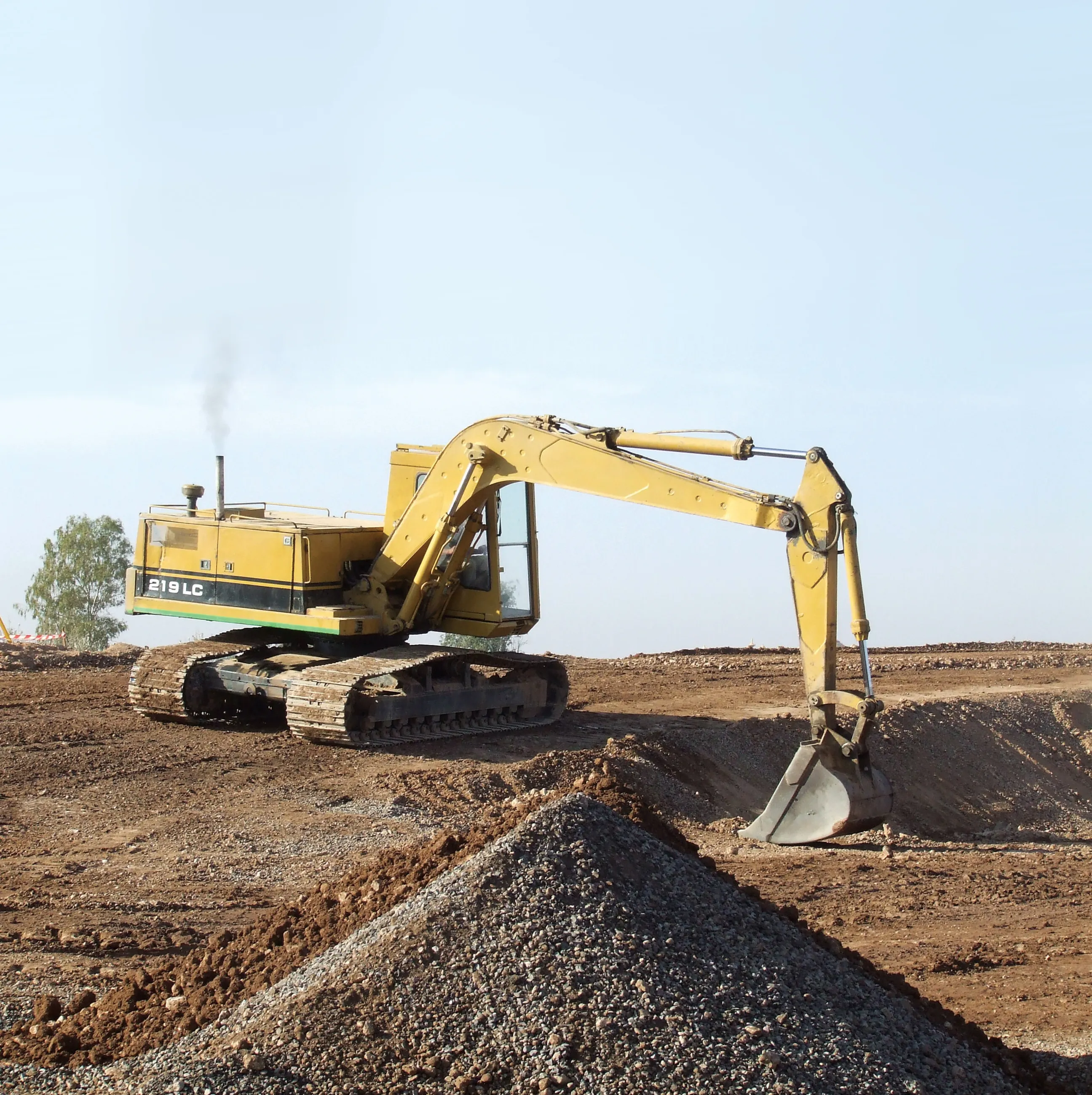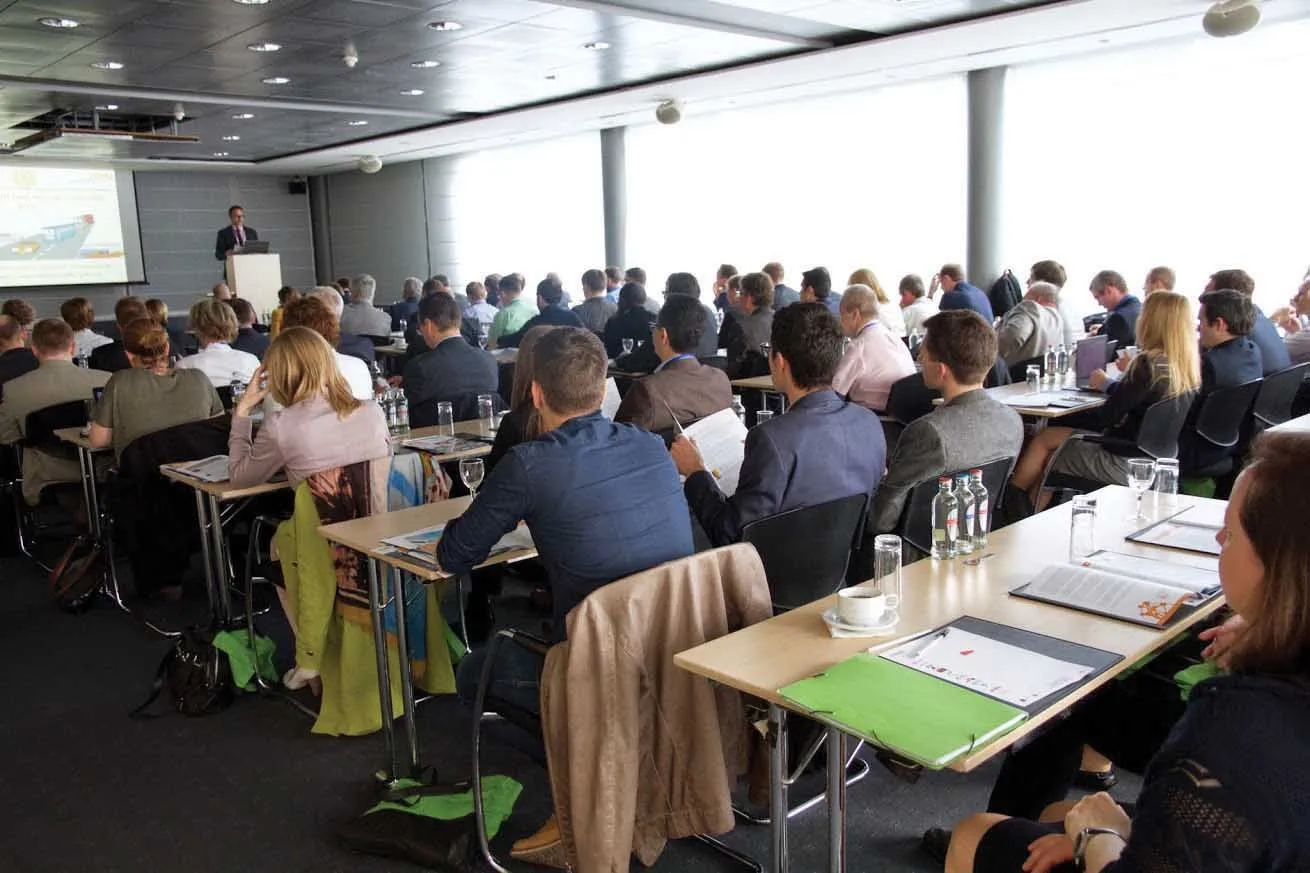The UK’s Construction Equipment Association plays a key role in Europe - Mike Woof writes The UK’s Construction Equipment Association (CEA) is playing an important role within Europe, for manufacturers, customers and also for the wider benefit of industry as a whole. One important project where the CEA is closely involved with other sister organisations within the pan-European organisation CECE is with the rationalisation of machine regulations. Requirements were supposed to have been harmonised in 1992, an
July 18, 2012
Read time: 3 mins

The UK’s Construction Equipment Association plays a key role in Europe - Mike Woof writes
The UK’sMalcolm Kent is the CEA’s senior technical consultant and he said that the CONEQT2 project is on track with dealing with these issues. He said that CONEQT2 is progressing and that the team has identified no less than 47 topics that require attention. Some of these are more pressing than others and have been prioritised accordingly. The High Level Policy Advisory Group in Europe will concentrate on product-related matters.
Machine working noise remains a third part assessment while safety issues depend on the machine type. However the aim is to move towards harmonised legislation. Kent said, “We want a new piece of European legislation.”
Other aims of the CEA and its sister groups with the CECE include improved market surveillance so as to target non-compliant machines, which may be noisy, dirty and unsafe. The CEA is also working on international standards for engines through CECE, which would see territories outside of the EU and the US (and Japan) adopting the existing emission Stage/Tier standards set jointly by the EC and the EPA. This would be easier and cheaper both for manufacturers and for other national governments.
Other policy aims of the CEA include developing strategies for end of life recycling of equipment, policies for retrofitting machines for use in low emission zones and environmental research on local air quality. With regard to this last point Kent added, “We don’t know what contribution our industry makes to air quality problems. Changes to the emission regulations have not been based on science and we want to EC to carry out tests so we can set policy.”
Another area where the CEA is playing a key role is in tackling the costly problem of machine theft. The theft of construction equipment has caused many problems for the industry but the CEA made a key move to address the issue with the development of its
The benefit to the user is substantial, in terms of reduced machine theft, reduced fleet shortages and reduced insurance premiums over the long term. Since the scheme was introduced just 581 CESAR marked machines have been stolen in the UK and recovery rates have been very good, even when those items of equipment have turned up overseas. CEA president Nick Ground said, “The likelihood of a CESAR registered machine being stolen is much lower and the likelihood of it then being returned to the yard is much higher. One of the strengths of the scheme is that we’ve got the buy-in from the police.”








